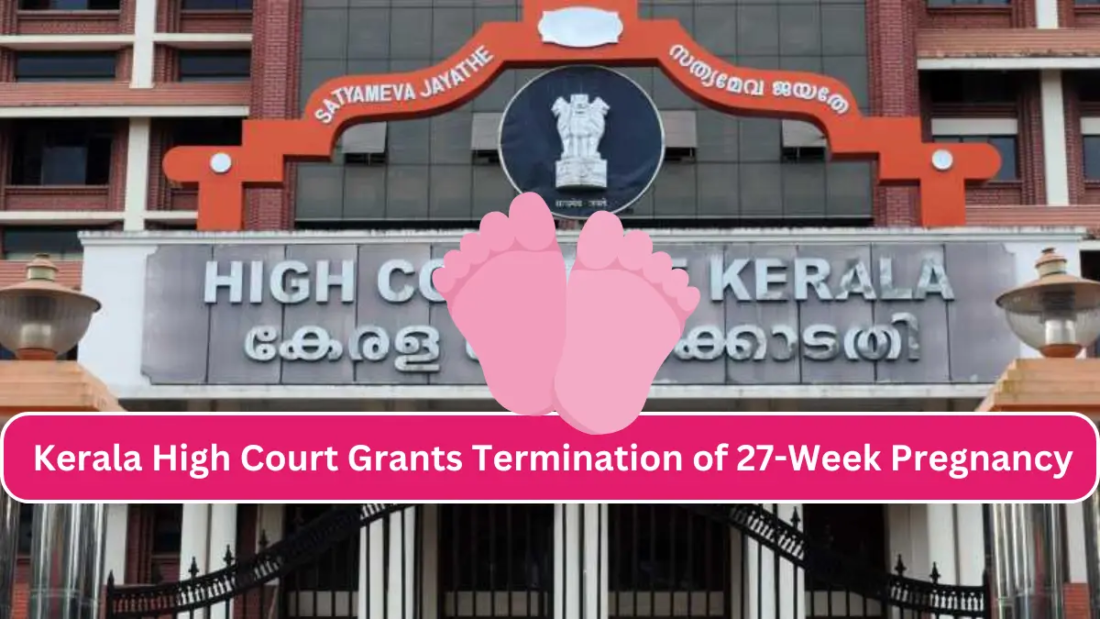Introduction
In the current case, a married couple requested permission from the court to end the petitioner’s pregnancy medically, citing significant fetal abnormalities. The petitioners claim that severe deformities found during medical examinations are the reason for the termination. However, court intervention is necessary because the gestational age is more than 24 weeks.
Facts of the Case
On October 29, 2023, the married couple who filed the petition learned that their daughter was pregnant. Upon further medical examination, the foetus’s head, spine, and face were found to have significant abnormalities. The hospital told them that because of the advanced gestational age (27 weeks), court orders were required, even though they still wanted to end the pregnancy. As a result, they went to court to ask for permission to terminate.
Arguments by the Petitioner
The petitioners made the case for the pregnancy’s termination on the basis of the fetus’s significant abnormalities. Citing pertinent judicial precedents and constitutional provisions, they underscored the petitioner’s autonomy in making decisions about her body and reproductive functions.
Arguments by Respondent
The respondents did not dispute the medical diagnosis of fetal abnormalities; they were represented by senior panel counsel and a government pleader. They did, however, express concern about the gestational age surpassing the legal limit for termination without a judge’s approval. They also emphasized the possible moral and legal ramifications of ending a pregnancy too soon.
Court’s Observation
The court discussed women’s rights to equality, privacy, and autonomous reproduction as guaranteed by Article 21 of the Indian Constitution. It cited the Supreme Court’s precedent, which recognized a woman’s right to an abortion as a component of her individual liberty. The petitioners’ physical and psychological suffering, along with the irreversible abnormalities in the fetus, made the court realize how serious the situation was.
Court’s Decision
The court allowed the termination of pregnancy and granted the petitioners’ requested relief after taking into account the Medical Board’s report, which verified the fetus’s significant congenital defects. It directed that the pregnancy be ended at Kottayam’s Medical College Hospital. The court stressed how crucial it was to uphold the petitioner’s decisional autonomy with regard to her body and reproductive processes. The court also ordered the petitioners to guarantee the required medical care in the event that the fetus is born alive and to make the necessary undertakings. The petitioners will be solely responsible for the child’s upbringing and medical needs.
-By Anaida Khan Pursuing 4th year of BALLB (Hons.) from Dharmashashtra National Law University, Jabalpur
 Cart is empty
Cart is empty 

